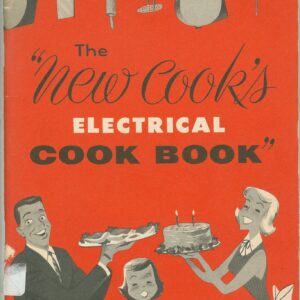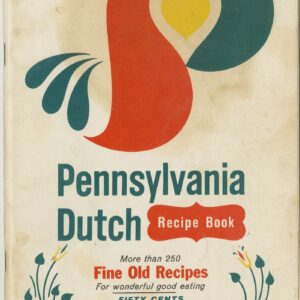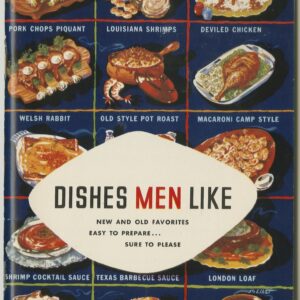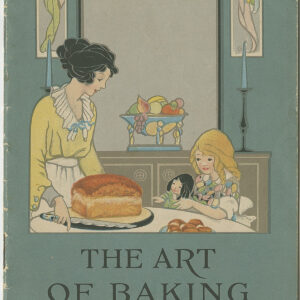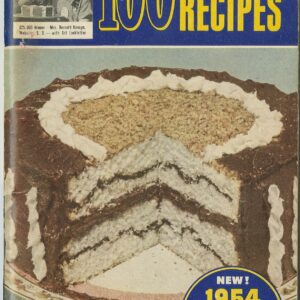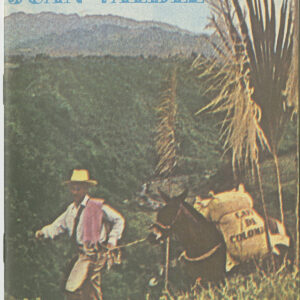Culinary ephemera
Culinary ephemera refers, broadly, to material other than cookbooks that contain information about the culinary past, including brochures, almanacs, menus, and posters. “Ephemera” refers to the ephemeral nature of the text, which advertisers and food companies often did not expect consumers to keep. Ephemera provides the potential to understand the culinary lives of those who did not own cookbooks, and some of our ephemera contain marginalia that indicate the text’s use. The collection has a particular strength in American advertisements from the late 1800s to the 1970s, including recipe books and almanacs, commissioned by food and appliance companies. Advertisements provide evidence of the ways that advertisers constructed their target audiences, what assumptions they made about the public, what designs they utilized, and what methods they claimed would be effective to sell products and move public sentiments.
Cookbooks
Cooks have written their recipes down for millennia, but the modern commercially produced cookbook arose in the wake of the printing press. The cookbook collection currently has its strength in modern American and Latin American cookbooks, but will expand in upcoming years in its temporal and geographic scope to include medieval and early modern texts, including manuscripts, and bolster the categories it already has strengths in.
This project was created by Stefano Mancini, Friends of Skillman Library Fellow, 2022.
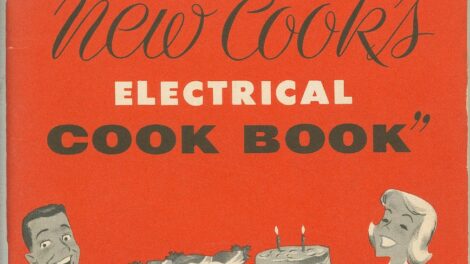
Technology and Modernization
The collection has a strength in works about “modern” ways of preparing food, including sleek appliances, industrial packaging and distribution, and foodstuffs developed in laboratories. Ideas of nature, purity, modernity, and progress, and how those ideas affected domestic labor and food, feature prominently in these works.

Domesticity and Gender
The collection’s temporal scope allows the study of continuity and change of gender roles over time. These works describe the ideologies and imagined practices of domestic labor and how new technologies affected this labor, as well as histories of family relations and affect through processes like suburbanization and the rise of the nuclear family.
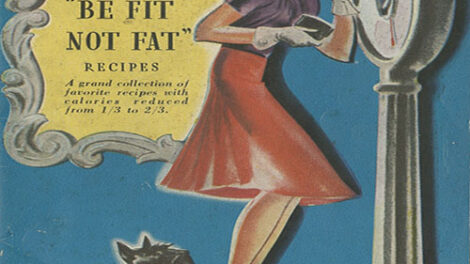
Nutrition
This theme contains information on nutrients that advertisers and authors promoted, the products that contained those nutrients, and the doctors who gave cookbooks and culinary ephemera legitimacy through endorsements. Ideologies of nutrition intersect with the people who spread medical knowledge and cared for families and communities.

Authorship: Cooking Schools and Home Economics
Women often provided endorsements for recipes and products. From the late nineteenth century cooking school to the prominence of the home economist, women (fictional and real) like Fannie Farmer and Betty Crocker constructed identities on providing readers with simple, nutritious, and tasty recipes.
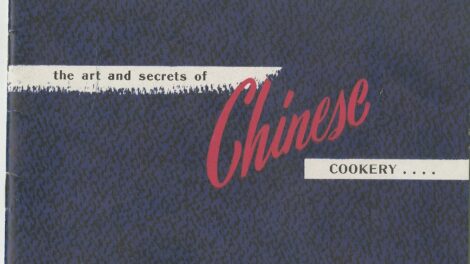
Race and Ethnicity
Food has often been central to constructing the self and the other. The collection provides sources about the marketing of ethnic and ethnicized foods and cuisines and the spread of ethnic cookbooks over time. In addition, some cookbooks and ephemera contain racialized depictions used to market recipes or products.
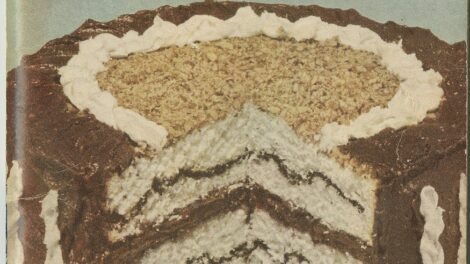
Nationalism, Commodities, and Economics
These texts reveal histories of commodities. Greater participation in global and colonial networks of trade led to the consumption of new products. This collection is also a source for the prices of foods and culinary texts. Researchers may even find valuable information about the changes of commodities during times of war and rationing.
